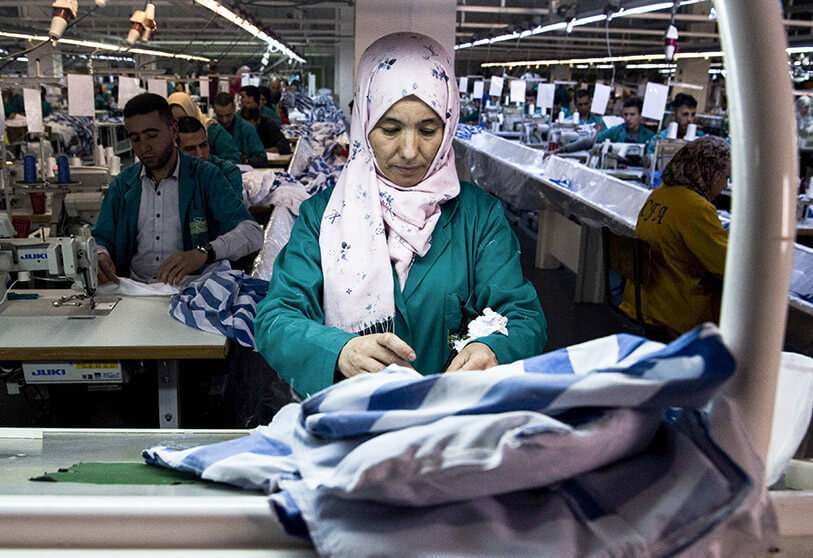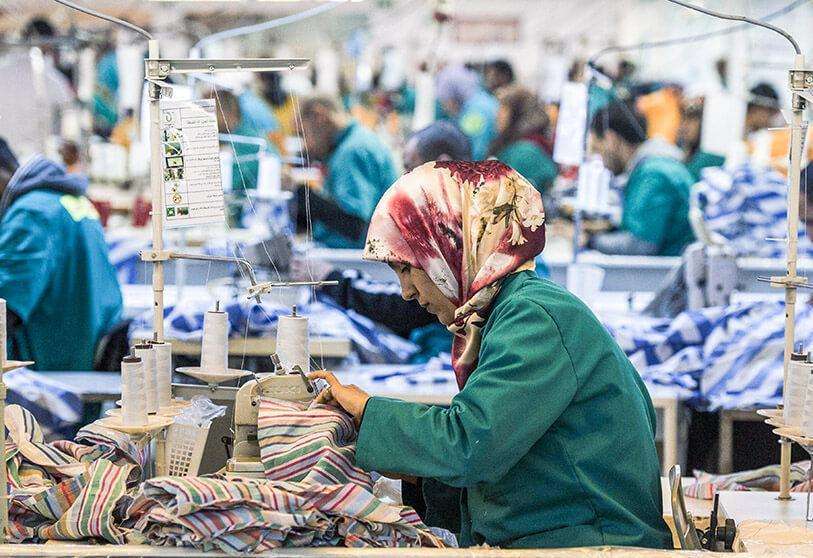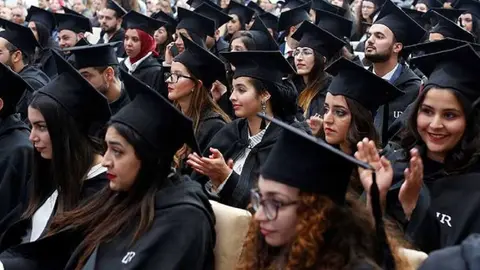The Government of Morocco presents the 2023-2026 Plan for gender equality

The Prime Minister of Morocco, Aziz Akhannouch, recently chaired the second meeting of the National Committee for Gender Equality and Women's Empowerment. The meeting, which was held under the theme "Morocco: Leadership, Prosperity and Values", focused on the presentation of the Government Plan for Equality 2023-2026.
Opening the session, the Moroccan leader highlighted the relevance of the plan to promote women's rights and foster gender equality. In addition, he also underlined the fundamental role of this plan in the empowerment of women throughout the Kingdom.
During the meeting, the Minister of Solidarity, Social Integration and Family, Aouatef Hayar, explained the three strategic points of the Government Equality Plan: empowerment and leadership; protection and prosperity; and rights and values.
Hayar also mentioned the importance of the governance and leadership structure built into the plan, which, over four years, encompasses 288 implementable measures.
This initiative was designed with a participatory approach and with the collaboration of various ministerial sectors, national institutions, as well as local authorities, civil society organisations and the private sector.

Following discussions on the content of the plan, Akhannouch called for the finalisation of the governance system and the financial plan, which are crucial for submitting the draft to the Governing Council for formal approval.
The meeting was attended by ministers, representatives of national institutions, heads of regional council associations, municipal and regional councils, community councils, as well as representatives of the General Union of Moroccan Enterprises and civil society associations.
However, despite the authorities' efforts to promote gender parity in Morocco, the country still has a long way to go before real equality is achieved.

According to a recently published report by the Higher Planning Commission (HCP), women have a 73 per cent chance of being unemployed in Morocco, compared to 7.5 per cent for men.
The report states that "the traditional distribution of social roles between genders and family responsibilities within the household (socially assigned more to women than to men) profoundly influences women's participation in the labour market".










